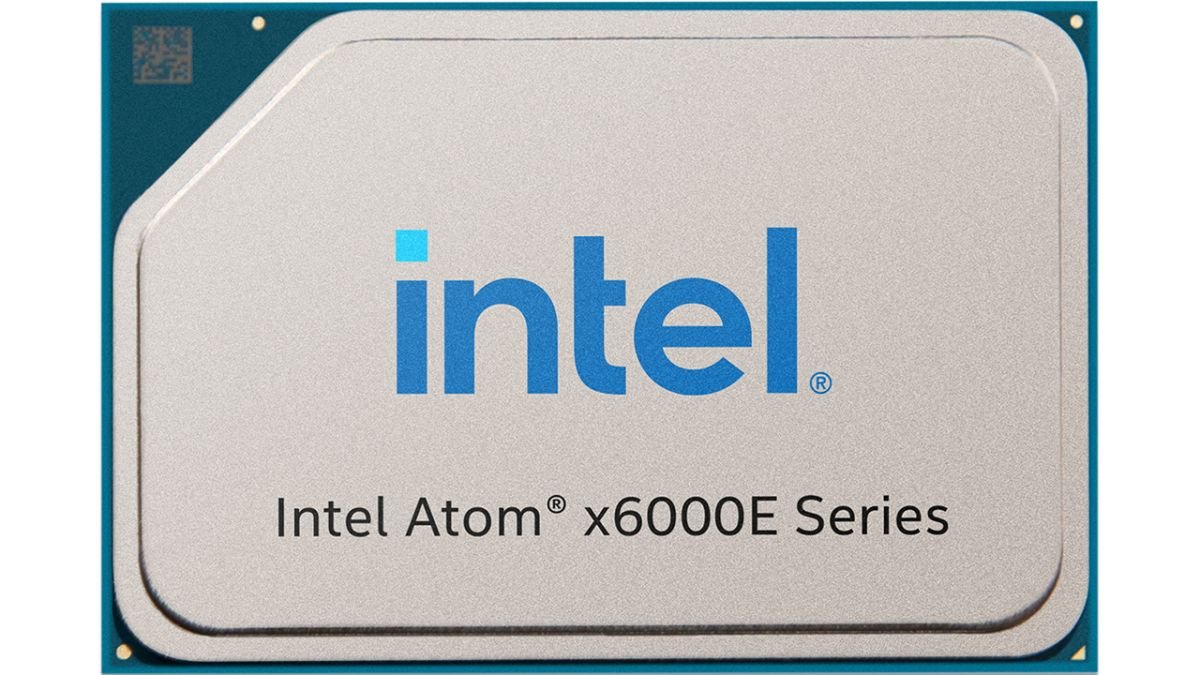
Intel has announced its new "Elkhart Lake" family of low-power SoCs designed for various Internet of Things devices, such as edge and service applications. The new processors are based on Intel's latest energy-efficient Tremont microarchitecture, along with Gen 11 graphics and rich I/O capabilities. The Elkhart Lake lineup includes Atom x6000E, as well as J-series Celeron and Pentium processors and N. The most advanced SoCs feature four Tremont cores running at a base frequency of 1,90 GHz, a 1,5 MB cache, Gen 11 graphics with up to 32 threads, and a TDP of up to 12 W. In addition, some Intel Elkhart Lake processors support Inband Error Correcting Code (IBECC) to correct single-bit memory errors in non-ECC, TPM 2.0, AES-NI, Safety Island, Memory Time Coordinated Computing, and Boot Guard. capabilities.
Designed for IoT
Intel's latest low-power Tremont cores along with Gen 11 graphics promise to boost performance by 1,5 to 1,7 times in CPU-intensive applications, as well as up to two times in 3DMark11. The performance gains are very important, especially since we are talking about SoC for solutions that will be used in the next seven to ten years.
![]()
(Image credit: Intel) But what really sets the new Elkhart Lake SoCs apart from their predecessors and competitors are their processor-enabled I/O capabilities, as well as their Platform Controller Hub (PCH), as well as chips additional. . In addition to supporting PC-specific interfaces such as PCIe 3.0 x2, 2.5GbE, DisplayPort, eDP, HDMI, and USB Type-A/Type-C, it also supports UFS 2.0, eMMC 5.1, SD, and SPI/eSPI that are common on the mobile world and edge applications.
![]()
(Image credit: Intel) Intel Atom x6000E, Celeron J/N 6000 series and Pentium J/N6000 processors for embedded applications are compatible with all modern operating systems, including high-end and real-time-intensive operating systems . In addition, they are compatible with Intel's OpenVINO Toolkit with Media SDK.
![]()
(Image credit: Intel) Intel says its Atom x6000E, Pentium, and Celeron N and J SoCs already have more than 100 partners committed to product delivery in their base.
![]()
(Image credit: Intel)
